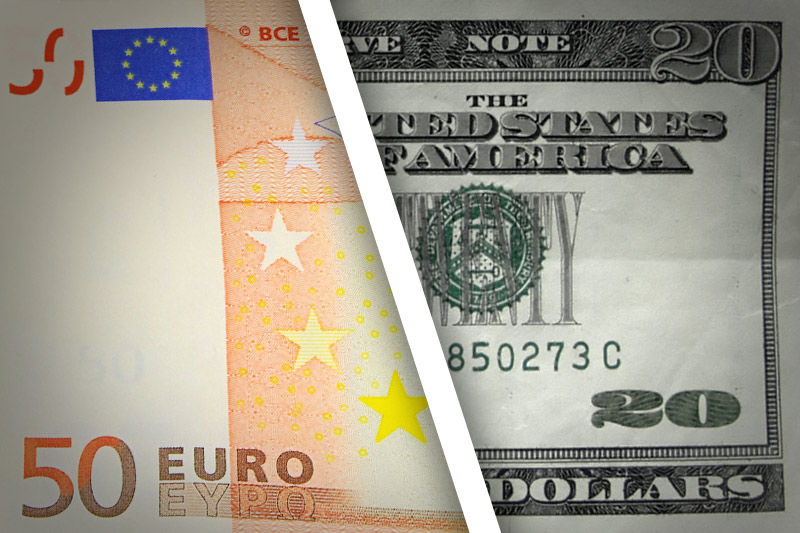Investing.com - The euro rose against the dollar on Tuesday as investors avoided the greenback ahead of the release of the minutes from the Federal Reserve's March policy meeting on Wednesday, while broad demand for emerging-market currencies pushed the U.S. currency lower as well.
In U.S. trading, EUR/USD was trading at 1.3800, up 0.43%, up from a session low of 1.3738 and off a high of 1.3808.
The pair was likely to find support at 1.3673, Friday's low, and resistance at 1.3820, Wednesday's high.
The dollar weakened as investors avoided the U.S. currency ahead of Wednesday’s minutes of the Fed’s March meeting, which could provide insight as to the direction of monetary policy.
Last week’s U.S. payrolls report came in slightly below expectations, which spooked investors, as Fed Chair Janet Yellen has said slack labor markets will call for accommodative policies to stay in place for some time.
Demand for the euro remained firm after European Central Bank officials on Monday stressed that while fresh easing measures may be needed to steer the euro zone away from deflationary pressures, implementation of such tools is not imminent.
Last week the ECB left the door open to further stimulus measures, saying that unconventional monetary policy instruments may be necessary to avert the risk of ongoing low inflation in the euro zone.
Elsewhere, emerging-market currencies rose across the board on sentiments that even though the Federal Reserve will continue to unwind its bond-purchasing program this year, policy will remain loose and make higher-yielding currencies more attractive.
The euro was down against the pound, with EUR/GBP slipping 0.30% to 0.8249, and down against the yen, with EUR/JPY trading down 0.50% at 140.97.
The yen rose against most currencies after BoJ Governor Haruhiko Kuroda indicated that the bank was unlikely to implement further stimulus measures at present. He added that growth and inflation were likely to continue to pick up in the coming months despite a sales tax increase in April.
Earlier Tuesday, the BoJ voted to keep its key policy target of increasing base money unchanged at an annual pace of ¥60 trillion to ¥70 trillion after ending its two-day policy meeting.
On Wednesday, Germany and the U.K. are to produce data on the trade balance, the difference in value between imports and exports.
Later Wednesday, the Federal Reserve is to publish what will be the closely watched minutes of its latest policy meeting.
